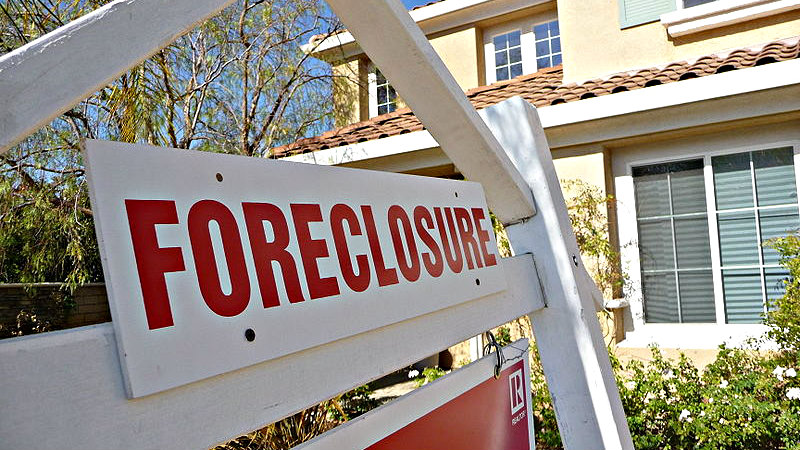
 Quick, take this quiz: You're in high school and you want to make $1 million. What do you do?
Quick, take this quiz: You're in high school and you want to make $1 million. What do you do?
- A. Buy a lottery ticket when it’s offering a big cash prize;
- B. Develop your athletic skills in hopes of becoming a professional athlete
- C. Graduate from college
- D. Invest in the stock market
- E. Get a restaurant job and move up through the ranks
The answer is simple, if you look at the math, says astrophysicist and former CU-Boulder professor Jeffrey Bennett.
The odds of either winning the lottery or becoming a professional athlete are miniscule.
Investing in the stock market involves a lot of risk and a lot of capital and, on average, day traders don't beat the market average by much.
Lastly, getting a management job at a restaurant will likely require a college degree.
That leaves choice "C": Graduating from college.
Bennett says on average over a lifetime, college graduates out-earn those without college degrees by more than $1 million.
In his new book, "Math for Life," Bennett explains that earning potential is just one of the many ways everyone -- not just scientists -- need math in their daily lives.
Bennett says he was motivated to write the book after noticing that a lot of adults will say "I'm bad at math" at a cocktail party or among friends, sometimes with a laugh. He never hears adults say they can't read or think critically, but for some reason, math is viewed differently.
Speaking with Colorado Matters host Ryan Warner, Bennett points to the mortgage crisis, which led to the 2008 financial meltdown, as another example of why our distaste for math is problematic.
Bennett says homebuyers didn't do simple calculations which would've showed that, in many cases, homebuyers couldn't afford the houses they purchased.
And while homebuyers don't deserve sole blame for the ensuing crisis, Bennett says the problems were easy to see based on the math.
Bennett also says math is needed to understand how gerrymandering political districts is causing more polarization. He points to recent events in North Carolina where Democrats won a majority of the popular vote in 2012 than they had in 2010 but lost Congressional seats because of new district boundaries.
And, Bennett says math can help us solve ongoing questions about energy use and consumption.
To solve the general fear of math that pervades society, Bennett says it needs to be taught differently in schools – math in context.
Instead of focusing on how to do a bunch of equations, Bennett says students should learn about policy or taxes or energy, and then learn about what equations are needed to understand those issues.
Bennett applauds the new Common Core standards, which aim to teach math in this way.
Ultimately, according to Bennett, adults need to stop sending the message that being "bad at math" is okay -- or even a badge of honor.
“Even if you think you're bad at math, don't say it -- especially in front of a child,” Bennett says.









